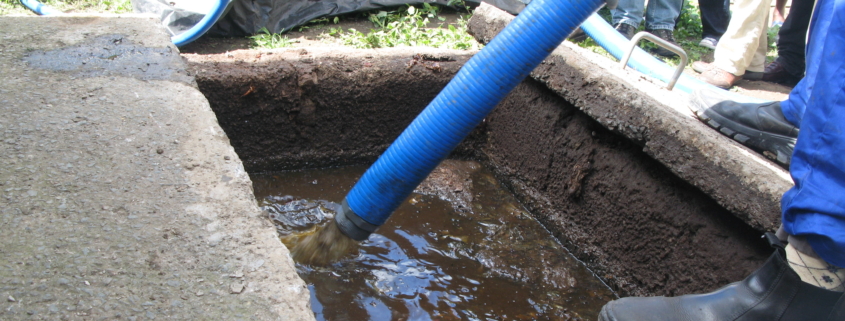Management of Wastewater and Faecal Sludge in Southern Africa
Management of Wastewater and Faecal Sludge in Southern Africa
Abstract:
This paper deals with the trends, legislative framework and current sludge management practices in southern Africa.
Recognising that a large percentage of the Southern African population is not serviced with full waterborne systems, a paper on the management of sludge in the region would not be complete without discussing the management of faecal sludge (FS) from on-site sanitation systems as well.
The first half of the paper focuses on the management of wastewater sludge from waterborne sewage systems.
The research papers from the region focus primarily on the impact of sludge application on land and agricultural use.
The wastewater sludge disposal practices and legislative trends in South Africa are discussed in detail including an overview of the technologies that are used to stabilise, dewater and dry the wastewater sludge.
The majority of plants in South Africa do not treat the sludge further than the traditional anaerobic digestion and activated sludge extended aeration.
Final disposal methods are still dominated by on-site disposal methods including direct land application (dedicated land disposal) and stockpiling of the sludge on site.
The second half of the paper focuses on the management of FS from on site sanitation systems.
The FS, which is often contaminated with domestic waste, originating from these on-site sanitation systems requires responsible handling and disposal.
The problems and challenges in FS management are highlighted as well as the recommended legislative trends.
Keywords: Faecal sludge; on-site sanitation; sewage sludge; southern Africa, wastewater sludge

 AFWASA
AFWASA
 AFWASA
AFWASA AFWASA
AFWASA
Leave a Reply
Want to join the discussion?Feel free to contribute!